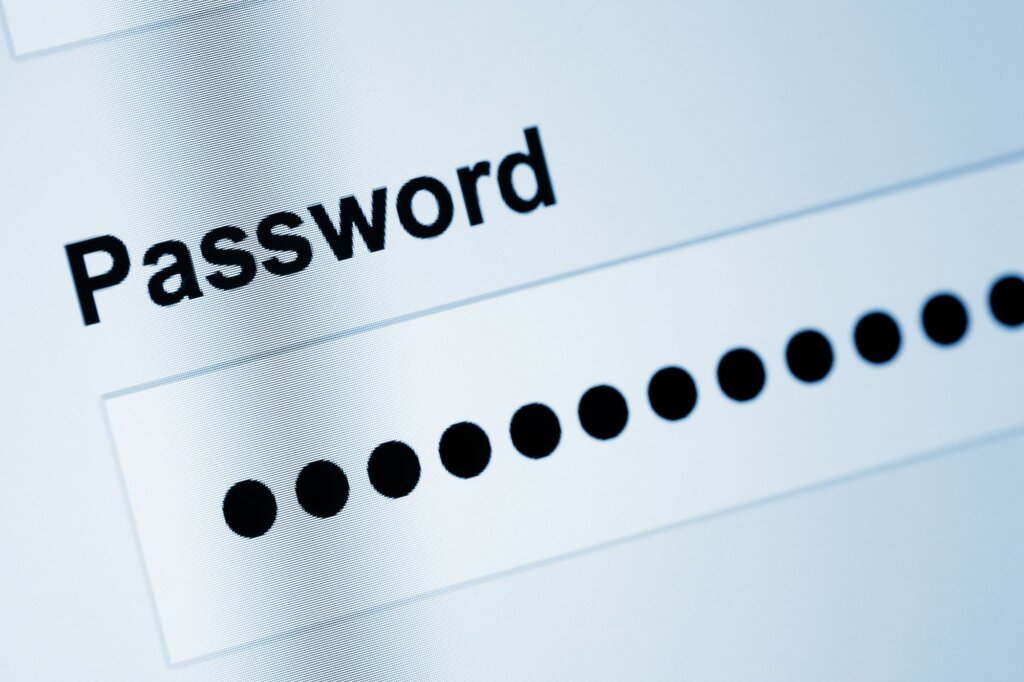In this increasingly digital world, businesses of all sizes rely on technology for everything from processing payments to communicating with customers. But this digital convenience can carry some risk—cyberattacks on small businesses are more common than ever. Bad actors often see small businesses as easy targets, assuming they have fewer security measures in place and less legal firepower than large corporations.
The good news is that you don’t need a big budget or a tech team to protect your business. With a few smart cybersecurity practices, you can safeguard your data, build customer trust, and reduce the risk of costly breaches.
Why Cybersecurity Matters for Small Businesses
Many small business owners fall into the trap of believing cybercriminals only go after big companies. In reality, small businesses are frequent targets because they can lack strong security defenses. A single cyberattack can compromise sensitive customer information, damage your reputation, and even disrupt daily operations.
Cybersecurity isn’t just about protecting your company’s or your customer’s data. Having good cybersecurity practices is also important in maintaining customer confidence, making sure your business runs smoothly, and avoiding financial losses.

Use Strong Passwords and Multi-Factor Authentication
Weak passwords are one of the most common ways bad actors gain access to business systems. Avoid using generic or easy-to-guess passwords, like “password123.”
For better security, create strong, unique passwords that include a mix of uppercase and lowercase letters, numbers, and symbols. You can also use a password manager, which can generate and store complex passwords securely.
For an extra layer of protection, enable Multi-Factor Authentication (MFA) on your accounts. MFA requires users to verify their identity through an additional authentication method, like a text message code or an authentication app, which makes it much harder for cybercriminals to gain access to your accounts.
Keep Software and Systems Updated
Outdated software is a hacker’s best friend. Cybercriminals look for security gaps in old versions of programs, websites, and operating systems to gain access to sensitive information.
Regularly updating your computer systems, mobile apps, and website software guarantees that you have the latest security patches in place. If possible, enable automatic updates to stay protected without having to think about it.
This also applies to POS (point-of-sale) systems, customer databases, and even Wi-Fi routers. Keeping everything updated reduces vulnerabilities and helps prevent breaches.
Protect Your Wi-Fi Network
Your business’s Wi-Fi network is another potential entry point for cyber threats. If left unsecured, hackers can intercept sensitive data or use your network to launch attacks.
To keep your Wi-Fi safe:
- Use a strong, unique password (not the default one that came with your router).
- Create a separate guest network for customers so they can’t connect to your main business system.
- Regularly update your router’s firmware so it has the latest security protections.
Taking these simple steps can prevent unauthorized access and keep your business’s digital operations secure.
Back Up Your Data Regularly
Imagine losing all your important business files, customer records, or financial documents overnight. Data loss can be devastating, whether it’s due to a cyberattack, accidental deletion, or system failure. This is why regular backups are critical.
It’s good to have the following set up as part of your backups:
- Automatic cloud backups to secure storage services.
- External hard drive backups as a second layer of protection.
- Testing backups periodically to make sure they work when needed.
With reliable backups, even if a cyberattack happens, you’ll be able to restore your data and recover quickly.
Train Your Employees on Cybersecurity Best Practices
Even with strong security measures in place, human error is one of the biggest cybersecurity risks. A single click on a phishing email or weak password choice can expose your entire business to a cyberattack.
Providing basic cybersecurity training for employees helps them recognize threats and act responsibly. Include topics like how to identify and avoid phishing emails (scam messages that try to steal sensitive information), why strong passwords matter, proper password management, and safe internet browsing habits to avoid malware. Also, teach them what to do or who to report to if they suspect a security breach.
By educating your team, you create a “human firewall” that strengthens your business’s defenses.
Secure Customer Information and Transactions
If your business collects customer data, you have a responsibility to keep that information secure. A data breach not only puts customers at risk but can damage your reputation and lead to legal consequences.
- Use secure payment processing systems that encrypt transactions.
- Store only necessary customer information and avoid keeping sensitive data longer than needed.
- Clearly communicate your privacy policy so customers know how their data is used and protected.
Cybersecurity is Business Security
Cyber threats are a reality for small businesses, but you don’t have to be a tech expert to stay protected. By creating strong passwords, updating software, using secure Wi-Fi networks, and training employees, you can reduce risks and safeguard your business.
This article is for informational purposes only and does not contain professional cybersecurity advice.